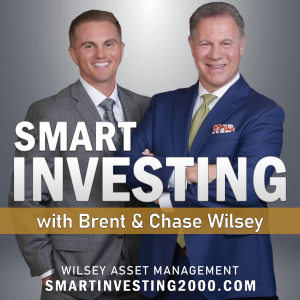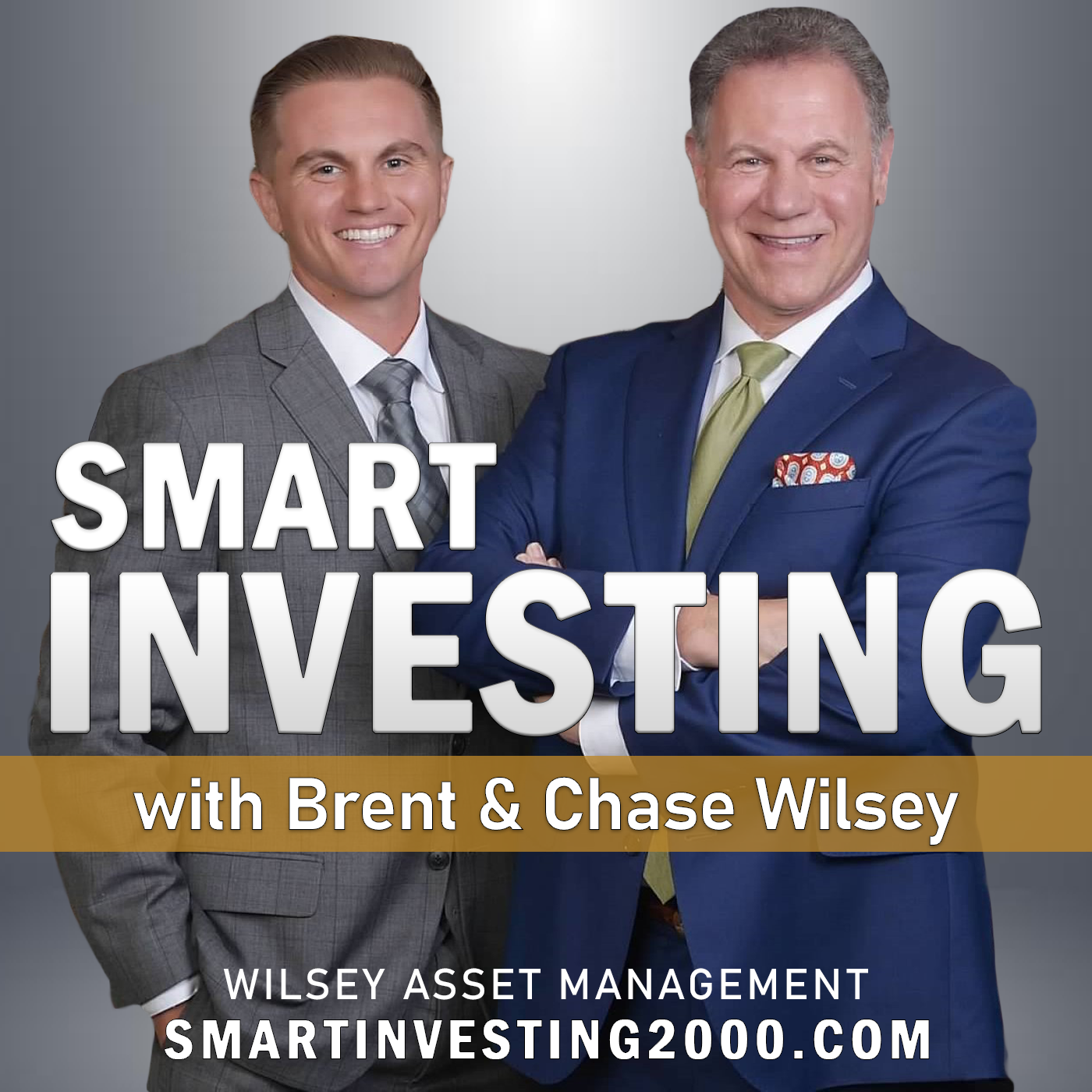Episodes

Thursday Jul 14, 2022
Thursday Jul 14, 2022
Labor Market
Friday's job report will be a very important indicator for how the job market is holding up with inflation concerns and rising interest rates, but today we got the data for the JOLTs report. In May the labor market remained strong as there were still 11.25 million job openings. This far outweighed those counted as unemployed as it stood at 5.95 million people. This means there are still about 1.9 openings per available worker. The quits rate also declined but it still stood at 4.27 million for the month of May. While both data points have fallen from recent record highs, overall, I still believe the labor market remains strong. Due to the strong labor market and no signs of excessive leverage, I believe the recession being discussed will be mild.
Employment
The employment numbers did not disappoint today, and they provide further evidence for an economy that I believe will be ok. The establishment survey showed payrolls grew 372,000 in the month of June which blew past the estimate of 250,000. The previous 2 months were revised lower by a total of 74,000 jobs, but overall, I would still say it was a good gain. The establishment survey is now just 524,000 jobs lower than pre-pandemic levels and if you look at the private sector it is actually 140,000 payrolls higher than February 2020. The household survey showed unemployed persons now stood at 5.9 million, which is just slightly higher than February 2020 when it was 5.7 million. Two areas that remain troubling are the labor force participation rate and wage inflation. The labor force participation rate still stands at 62.2% which is below the February 2020 rate of 63.4%. Looking at average hourly earnings we saw an increase of 5.4% over the last 12 months, but that is still well below the 8%+ inflation rates we have been seeing.
Growth Stocks vs. Value Stocks
Numbers are in for the first six months of 2022 and for the first half of the year growth stocks fell 25% compared with value stocks falling 12%. That is a gap of 13% which is the widest in 20 years. I believe the difference in the next six months will be reduced but still expect value to outperform growth stocks.
Car Manufacturers
Normally going into a recession or a slowdown, American car makers and their stocks get hit pretty hard. So far that appears to be the case with falling stock prices, but if one looks deeper investors should be less concerned this time around. In past recessions car makers were stuck with large inventories of vehicles that they had to discount dramatically to move the inventory. This then caused them to take large losses. That is not the case this time as the demand may not even be met in a slowing environment due to extremely low inventories. Another interesting point is that generally 40% of sales come from buyers with incomes under $50,000 who are hurt the most in a slowdown in the economy. Today that number has fallen to just 25%. It appears that two car manufacturers in the US could be drastically underpriced.
Pfizer Vaccine
I am pro-business and believe in letting market forces work, but I’m very disappointed with Pfizer‘s handling of the Covid vaccination. I’m not talking about the effectiveness or non-effectiveness. I’m talking about how they just raised their price to the US government by 27%. I think it is a shame that they would take advantage of not just the US government but also taxpayers who are paying for this. I’m also disappointed that the administration did not fight this and tell Pfizer the 27% increase is not justified. And don’t forget how they have increased vaccinations all the way down to six-month-old babies which I think is uncalled for based on the minimal risk that kids face from Covid.
S&P 500
Even with the major selloff we have seen this year, I still have concerns about the S&P 500. The top 5 companies still make up close to 22% of the entire index. Those companies are Apple (AAPL), Microsoft (MSFT), Amazon (AMZN), Alphabet (GOOG, GOOGL), and Tesla (TSLA). The major problem here is all these companies remain expensive as the average forward P/E for the group is over 30x. I also worry about the growth expectations for these companies. With Apple in particular I believe they are one bad iPhone cycle away from a major pullback in their stock. People like to ignore the fact the iPhone sales still make up over half of the company's revenue and if you add Mac sales to that those products account for about 60% of total sales. They have other areas of growth, but a decline in these product sales would outweigh the growth in other areas. I've questioned it before, but other than a nicer camera are the new iPhones really that much different? Could this be the year iPhone sales take a hit? Micron CEO Sanjay Mehrotra said on a recent earnings call that he expected smartphone unit volume to decline by around 5% versus last year. Analysts were expecting growth around 5%. And yes, Apple is a customer of Micron. Be careful of these companies that still remain expensive, especially with many other great opportunities now available in the market.
Harrison Johnson, CFP®: Social Security “Spousal” vs “Survivor” benefits


No comments yet. Be the first to say something!